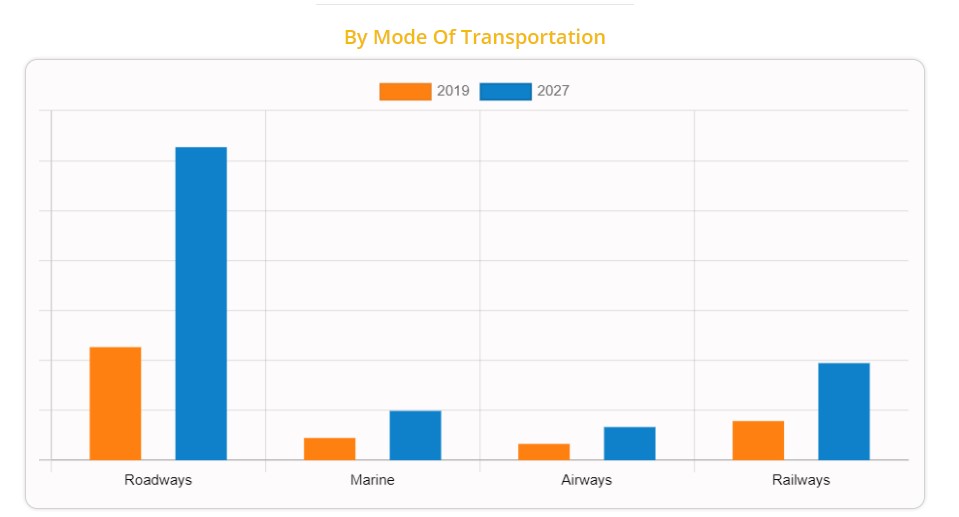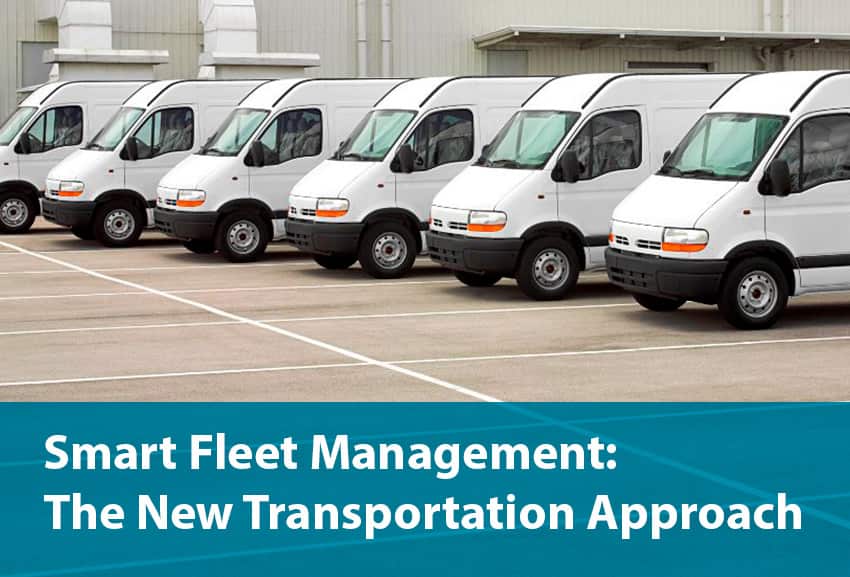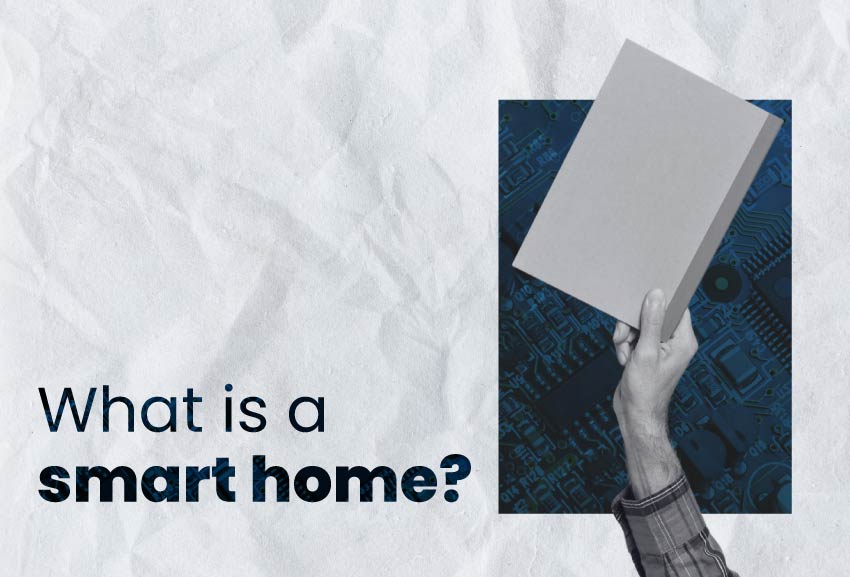Industries like transportation are experiencing a lot of changes thanks to the Internet of Things, what has changed? Well, companies love all data that a fleet device can provide them, since they can work on aspects that ensure the success of their operations in the market. Transportation has evolved to smart fleet management, where efficiency, cost-effectiveness, and sustainability are paramount.
In this article, we will define the concept of smart fleet management, you will know its benefits, and finally, we will provide actionable recommendations for implementing it effectively.
What is smart fleet management?
Smart fleet management is a comprehensive approach that integrates advanced technologies to monitor, analyze, and optimize the operations of vehicle fleets.
This innovative solution leverages real-time data, GPS tracking, telematics, IoT (see IoT protocols), and predictive analytics to streamline various aspects of fleet management.
From monitoring vehicle health to optimizing routes, fuel consumption, and driver behavior, this approach transforms traditional fleet operations into data-driven, efficient, and agile systems.
What are the benefits of smart fleet management?
Are you curious about the role of smart fleet management? This dynamic approach revolves around optimizing work vehicle coordination and organization within companies. Its primary goal is to enhance efficiency, minimize expenses, and ensure seamless compliance with governmental regulations.
Smart fleet management market
There is a great potential for this market, IoT fleet management has grown in such a way that many logistics companies are adopting IoT technologies into their vehicles.
According to Allied Market Research, “the global smart fleet management market was valued at $38,245.6 million in 2019, and is projected to reach $98,656.5 million by 2027, registering a CAGR of 15.8%.”
And if you need more information to convince yourself, check this projection of the smart fleet management market by mode of transportation:

According to the graph, the most used mode of transportation by 2027 will be roadways, which means logistics companies need to continue adopting IoT devices to ensure a high competitiveness level in the market.
Recommendations for Implementing Smart Fleet Management
As you probably know, DeepSea Developments is a company that helps entrepreneurs and companies from the US and other countries to design and build their ideas. Whether they are hardware, software, firmware, IoT products, or prototypes, we know how the market is changing and evolving in terms of technology adoption.
If you want to implement smart fleet management in your company, here are some recommendations you should consider:
1. Choose the right technology partners
Embarking on a smart fleet management journey requires selecting the right technology partners. Look for reputable providers with a proven track record in delivering robust IoT telematics, GPS tracking, and IoT solutions.
Bear in mind that collaborating with a reliable company ensures seamless implementation and ongoing support for any obstacle or issue that may show up.
2. Define clear goals
Before implementing smart fleet management, outline clear objectives. Determine what aspects of your fleet operations need optimization:
- Fuel costs reductions
- Delivery time optimization
- Fleet safety
- Driver safety
- Customer satisfaction
3. Prioritize data security
As you gather and analyze sensitive data from your fleet, prioritize data security. Partner with providers who prioritize data encryption, secure storage, and compliance with data protection regulations.
This will ensure the data you collect won’t be stolen, and your company will operate without worrying about data breaches.
4. Train your team
Adopting new technologies requires proper training for your team members. Ensure that your fleet managers and drivers are comfortable using the new smart fleet management system and understand its features.
Without a good training process, the team members won’t fully take advantage of the great benefits of smart fleet management.
5. Monitor and improve
Implementing smart fleet management is not a one-time effort. Something we have learned with technology is that it always changes, so logistics companies must know that fleet management with IoT devices is an ongoing process.
The recommendation here is to monitor the system’s performance, gather feedback from your team, and fine-tune the system as needed. Continuously analyzing data helps you identify areas for improvement and make necessary adjustments.
Final thoughts on smart fleet management
Smart fleet management is more than just a trend. Remember, it is a transformative approach that empowers businesses to navigate the complexities of modern transportation with higher efficiency.
By harnessing the potential of real-time data, predictive analytics, and IoT devices, companies can optimize their fleet operations, reduce costs, enhance safety, and contribute to a greener future (How to manage a fleet of trucks).
To successfully embrace smart fleet management, we gave some recommendations that can be useful for companies that are just starting in this world. As the transportation landscape continues to evolve, companies that rely on fleet management need to understand the crucial role IoT plays in providing new advantages in terms of business operations.
If you are looking forward to implementing fleet tracking devices in your company, we invite you to read more about our solutions for the transportation market.





